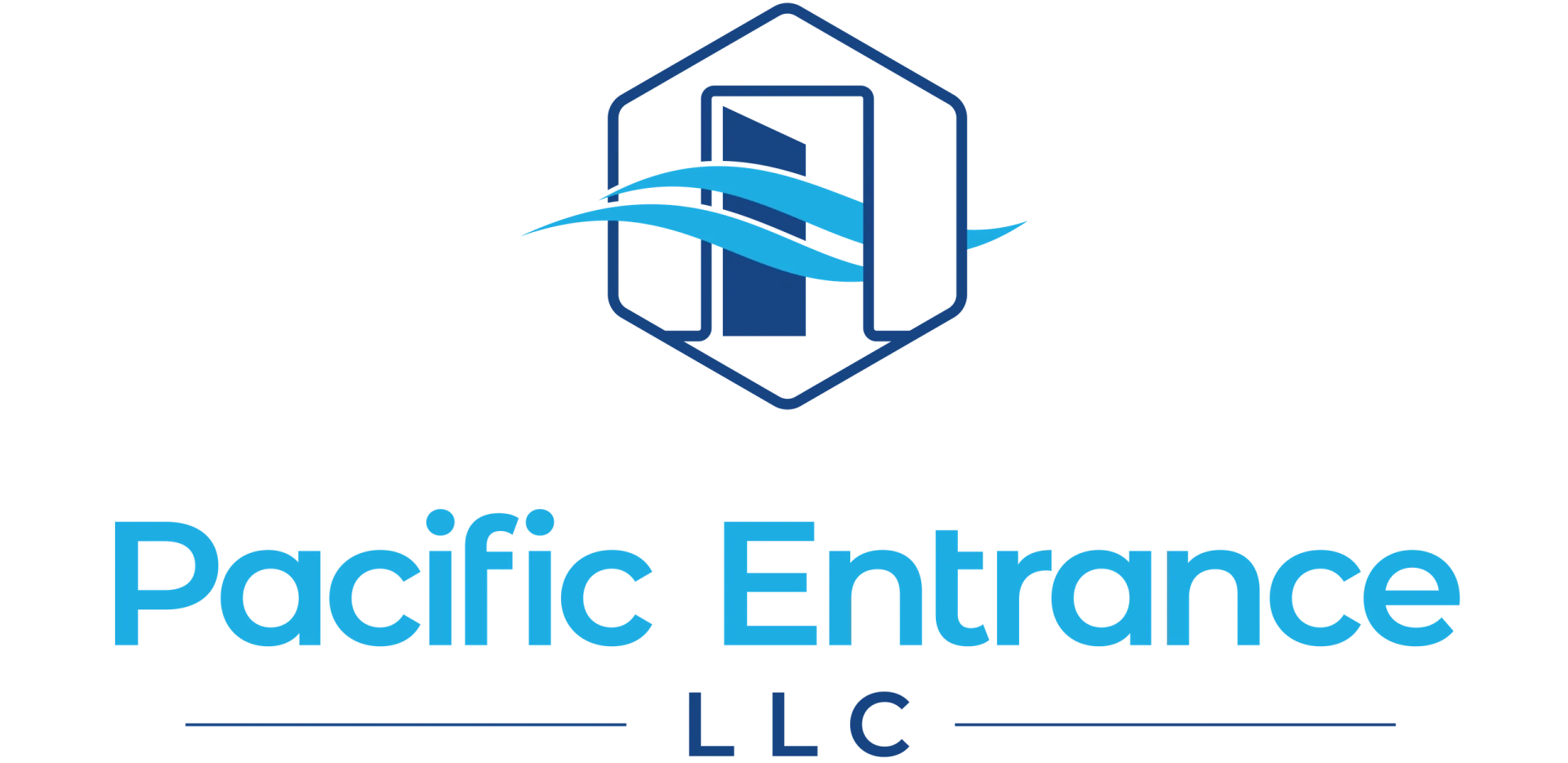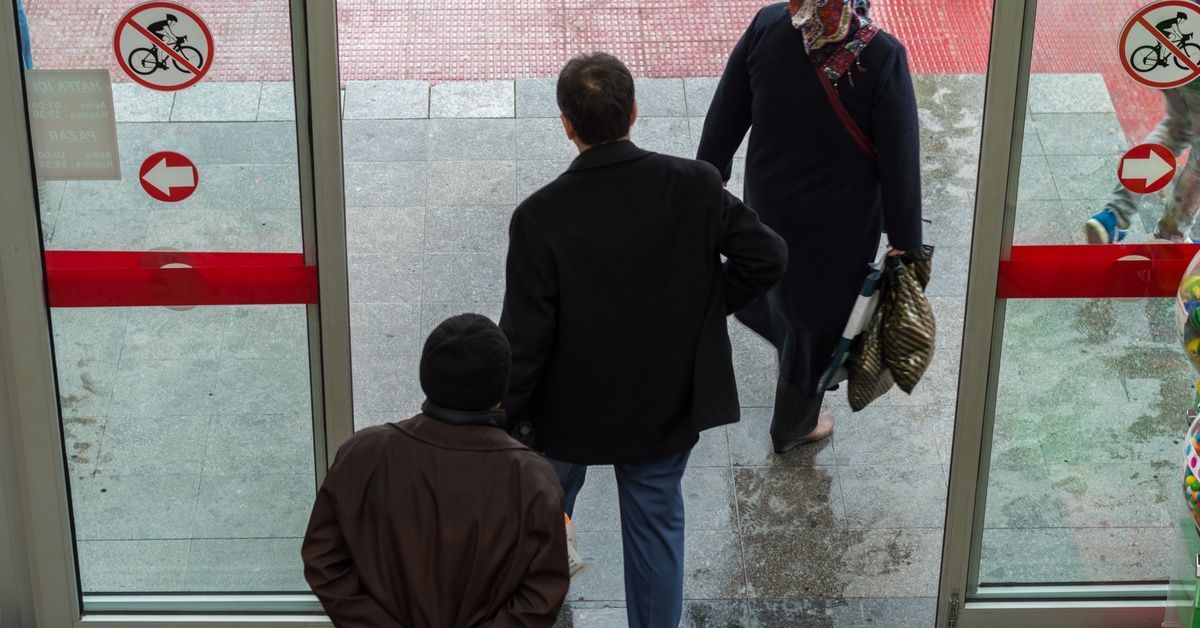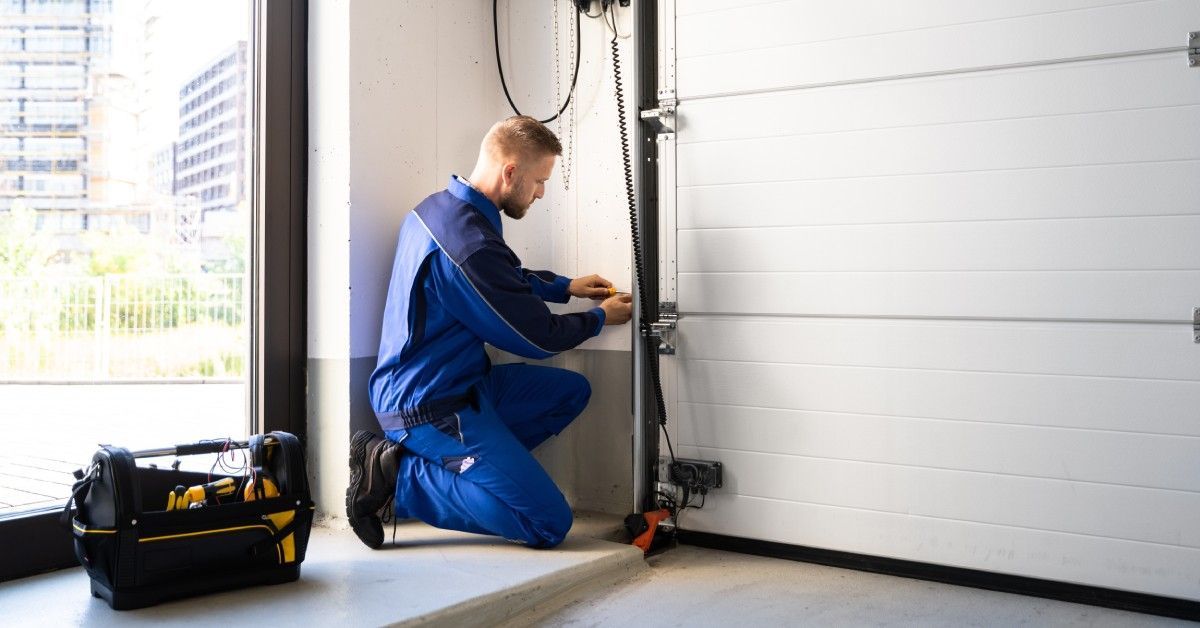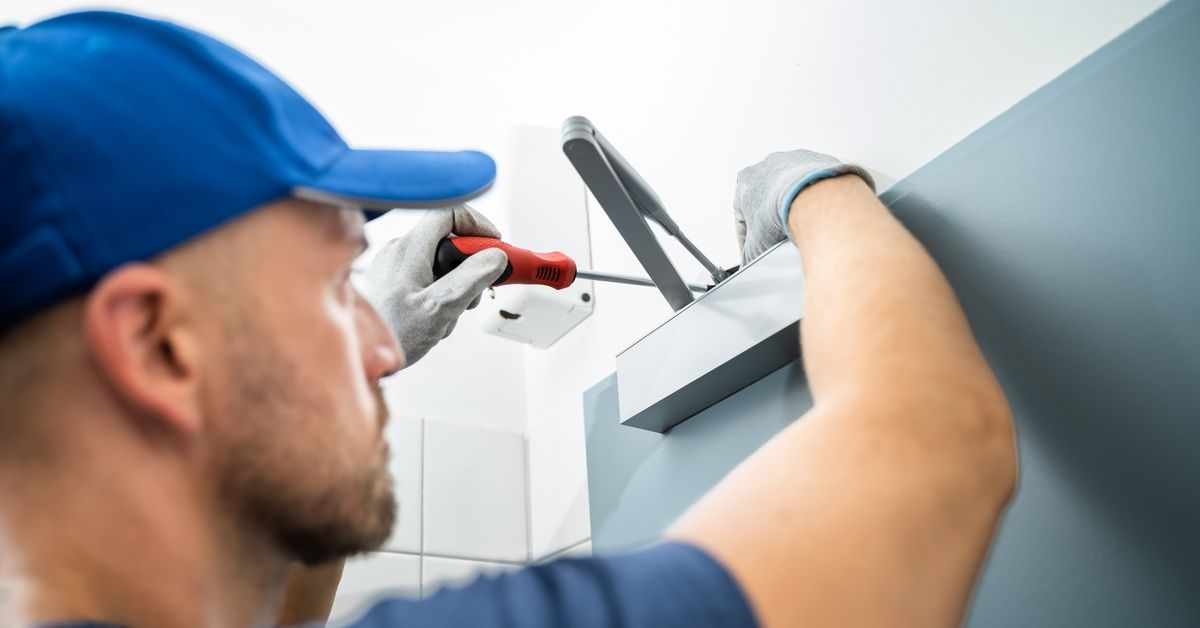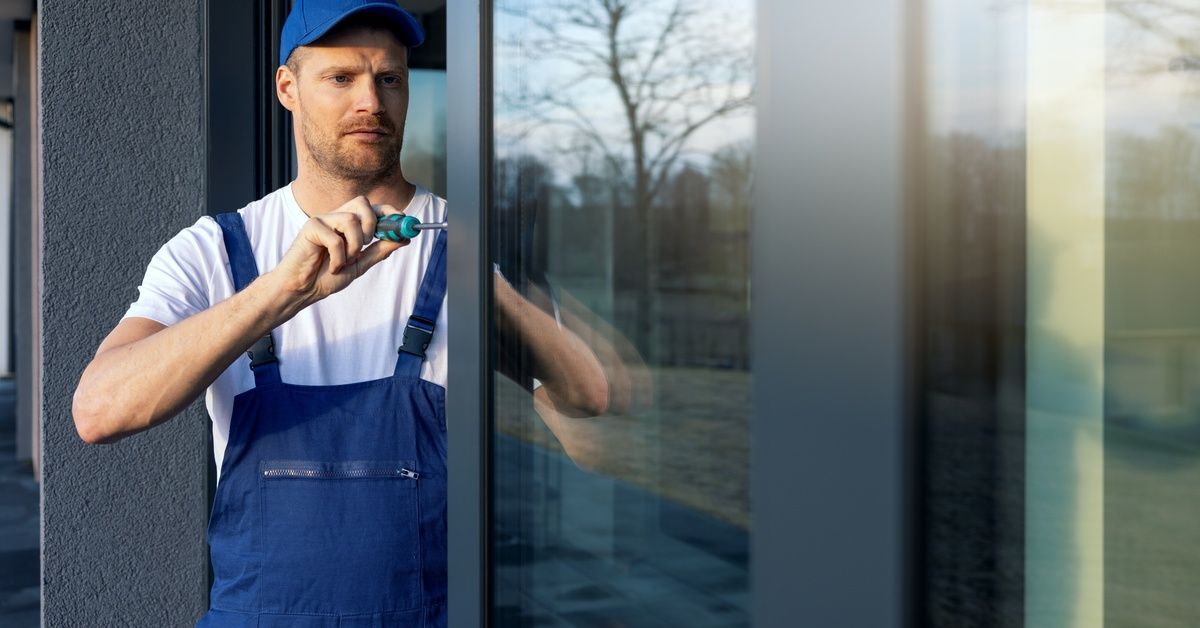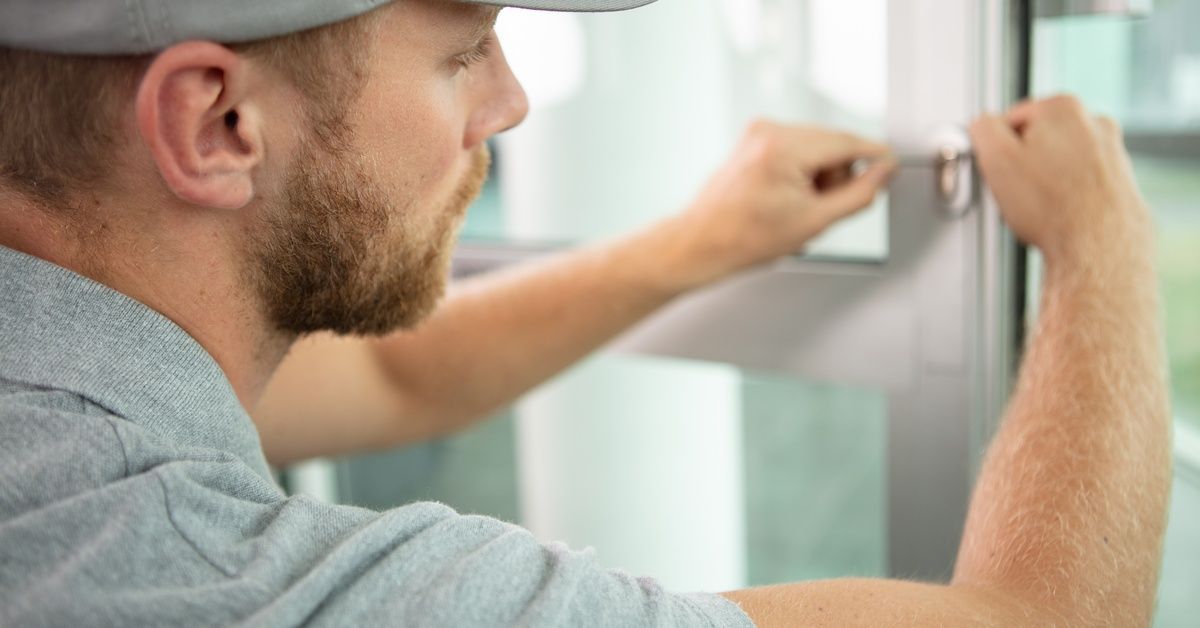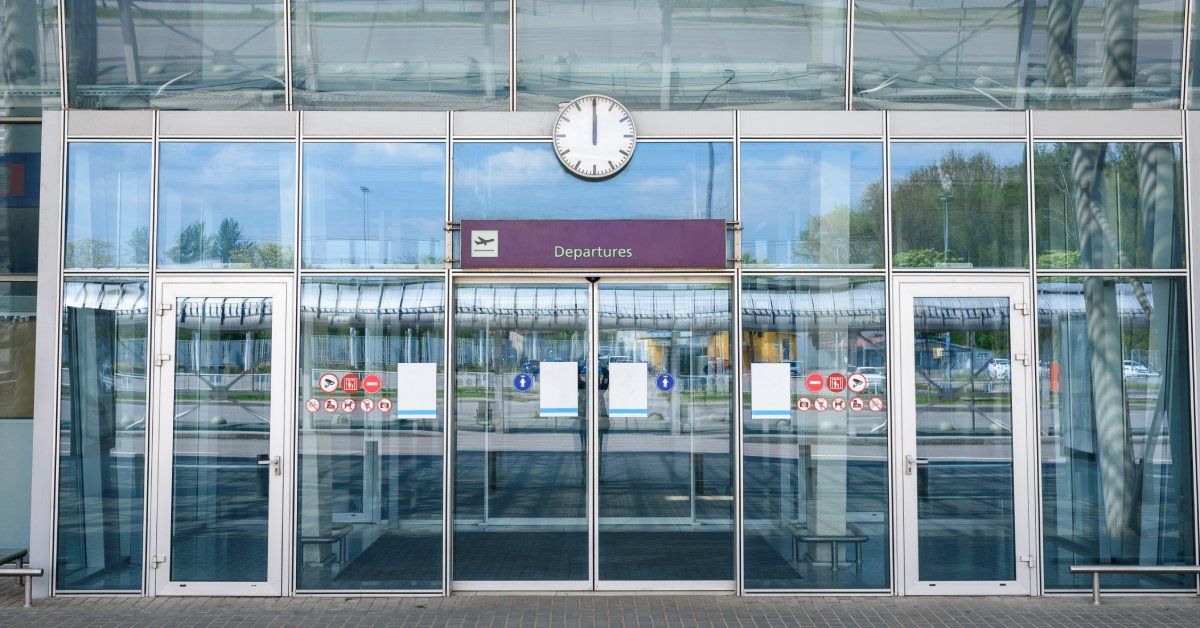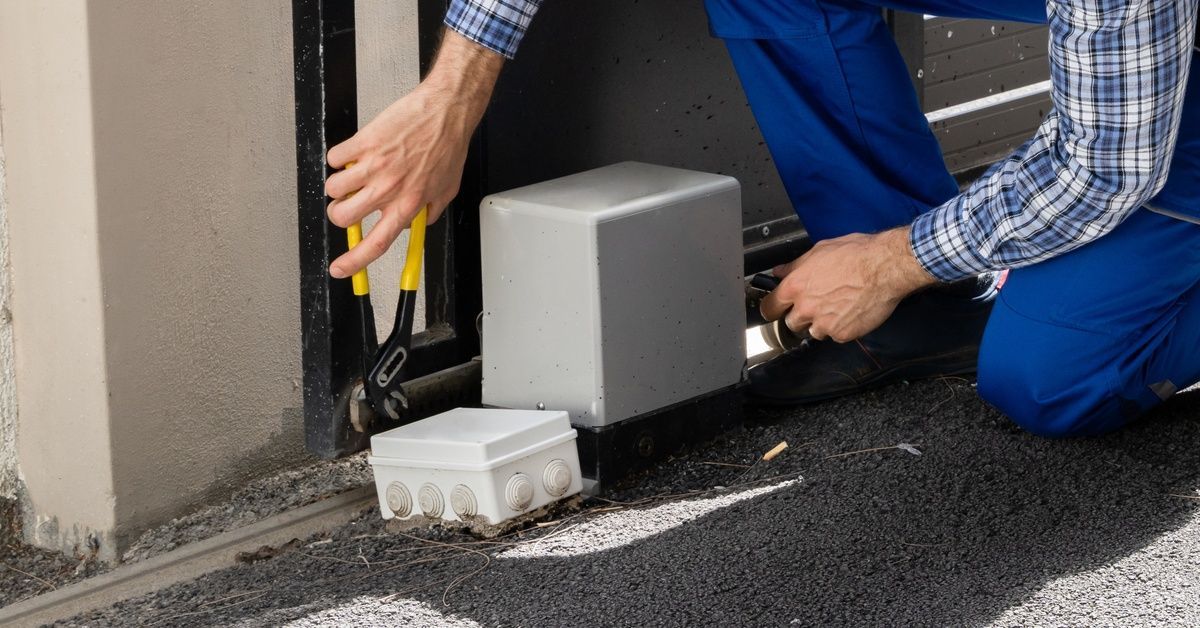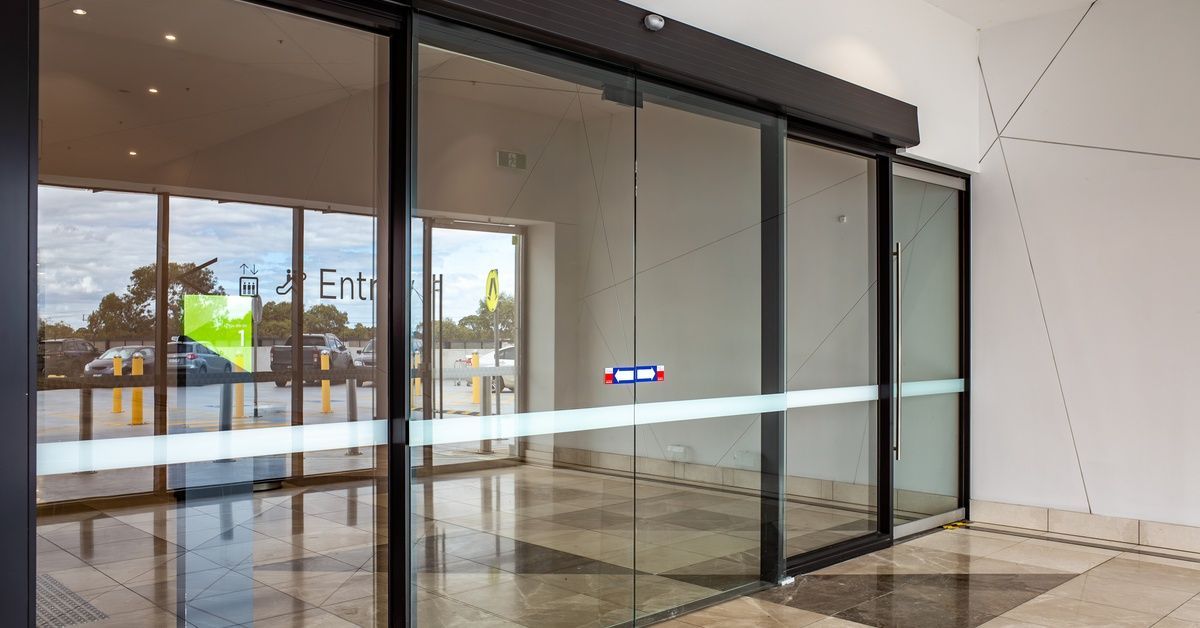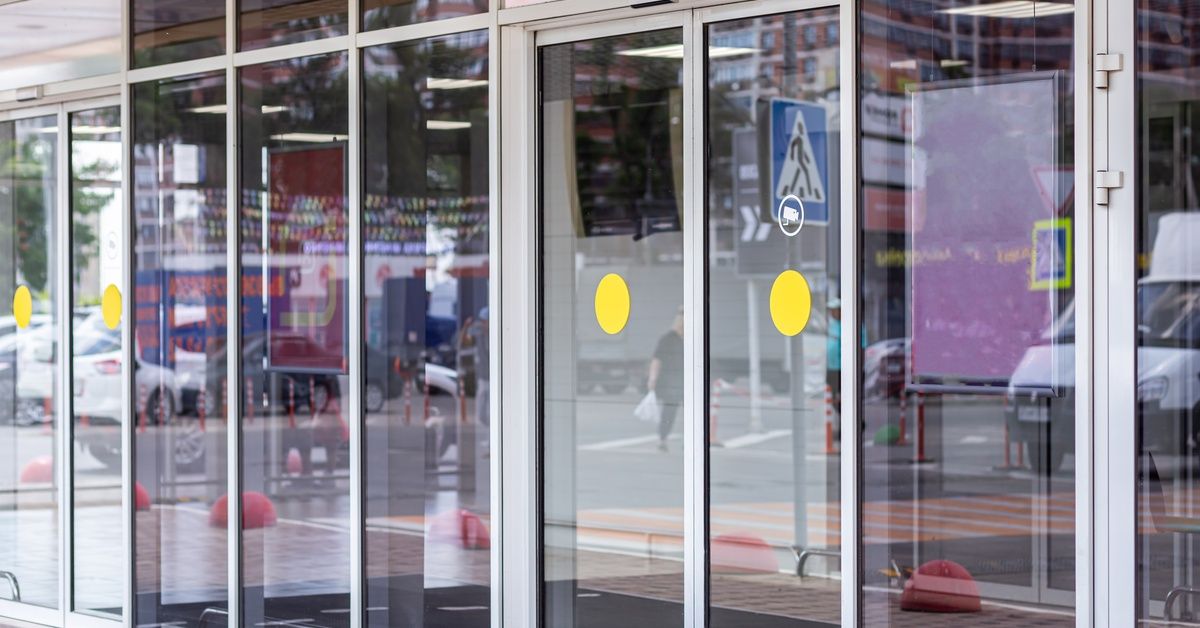A Quick Guide to Improving Your Commercial Building Security
Owning commercial property is a great investment that requires full protection. As the owner, you want the premises to be as secure as possible. Vandalism and theft are always threats to physical locations, especially properties that bring in a lot of business. Look over this quick guide to improving your commercial building security to ensure none of these things happen to your property.
Digital Video Surveillance
Digital video surveillance protects your building and provides evidence if something happens on the property. Setting up cameras makes thieves pause and consider their actions. Knowing that a building has that level of security worries them and makes them reconsider committing a crime.
However, cameras don’t offer complete protection. If a crime does happen on the premises, the cameras will record everything. You now have evidence for the police to put on record. Now you know to keep an eye out for those assailants if they enter the property again.
Card Scanner
Keep a close eye on anyone entering and exiting the building. A card scanner is a great way to collect and store the information and identity of patrons on the property. The card scanner should apply to people with permission to be inside the building.
Require visitors to wear a guest badge. First, they need to approach the front desk and give the security guard their identification. Some buildings make it so the guest’s badge is only active for an allotted amount of time. Once that time expires, the badge is no longer active and doesn’t grant permission into the building.
Weapon Detectors
Consider installing a weapon and metal detector at the front entrance. Aside from regular business operations, your priority is keeping people safe and inhibiting all outside threats. Hopefully, weapons will never cause issues, but it’s always better to be safe than sorry.
Require visitors to walk through metal detectors. Ask them to remove belts, keys, chains, and any other items that could set off the detector. They should also place their bags through a scanner and proceed through the detectors.
Automatic Doors
Commercial automatic sliding doors offer more security than traditional doors. They can assist in the management of security by allowing remote control. Security personnel can grant access to selective traffic or deactivate the door completely. If there is an emergency on the premises, they can set a timer forcing the doors to stay open until the property is evacuated. Ask your provider about any features that come with the installation.
At Pacific Entrance LLC, we’re all about security with a side of accessibility. Shop with us and see how our automatic doors improve your commercial building security.The body content of your post goes here. To edit this text, click on it and delete this default text and start typing your own or paste your own from a different source.
